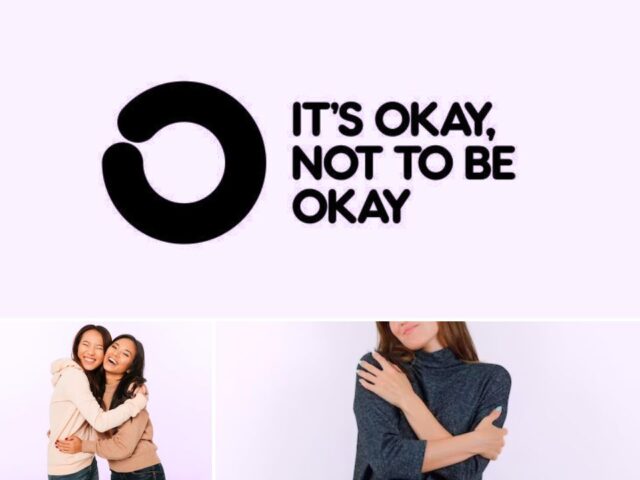
What is one thing that we have in common? Saying “It’s okay” when it is clearly not. We are not supermen. Why pretend to be one? “It’s okay” is almost like our default response when replying to someone. Don’t you think it is almost like we are brushing off whatever the other person says? Do you want to know synonyms for it’s okay?
Are Things Really Okay?
Maybe, we have run out of things to say. Here are synonyms for ‘it’s okay’ for you.
1. When Comforting Friends

Image via Freepik
While we might intend to reassure our friends, it might slip our minds that what we are really doing is focusing on the mistake made by them. This is referred to as the “spotlight effect.” It is possible that the friends will feel even worse about themselves. This is not useful when consoling our friend. The next time you want to resort to “it’s okay,” turn it into a guilt-free phrase by saying “We all make mistakes. Let me know if you want my help on it in the future…”.
2. When Avoiding Unfavorable Conversations

Image via Freepik
Sometimes, though, we use the phrase “it’s fine” to finish a conversation about a given topic. We are hopeful that the issue will simply go away forever, or at the very least temporarily. Perhaps it is out of concern for what might occur if opinions are spoken. Or maybe it is just outright denial.
Whatever your excuse for disregarding the problem, the fact remains that others are aware that everything is not well. To avoid furthering the conversation, you can say something like, “Can we talk about this later?”.
3. When Accepting Apology

Image via Freepik
When someone is apologizing to you, saying it’s okay might sound like you are dismissing the apology. Instead of saying it’s okay, you can say, “I appreciate your apology,”. This is a tactful method to express warmth and thanks for the apology while yet respecting the person’s emotional significance.
But what if you are greatly affected by the mistake and can’t seem to bring yourself to forgive that person yet? You can say something along the lines of “I hear you,”. This shows that you heard the apology and are paying attention to it. This is frequently helpful when you are unsure about the apology or aren’t prepared to let your guard down enough to have a deeper conversation.
4. When Self-Motivating

Image via Freepik
Notice how when things start to get difficult, you tend to resort to telling yourself “It’s okay”? Well, it might work the first few times, but you know things are not okay. So, why bother lying to yourself about it? Other than it’s okay, you can also acknowledge the fact that things that happened are totally not within your power to avoid. Say something encouraging and not self-blaming like, “At least, I know what to do if this is bound to happen again,”.
5. When Receiving Gratitude

Image via Freepik
You helped your friend with her essay homework. She then texted you that she scored her essay paper and won’t stop thanking you. Now, you can say it’s okay or no worries to her, but those phrases do not erase the fact that you put your time and effort into helping her. She noticed that you have sacrificed those just to help her with her essay. The least you can do is appreciate her for thanking you. Say, “You are welcome,” or “Glad I could help,” the next time someone expresses gratitude to you.
“It’s okay” has been widely used to fit every situation nowadays. It almost lost its meaning. That is why we need to replace our it’s okay with its synonyms. Words have power. Pick them carefully. Don’t forget to use these synonyms in both your personal and professional life to replace your “it’s okay”s!
Another word that we have been abusing its usage is ‘Sorry’. Find out what to say other than sorry!










